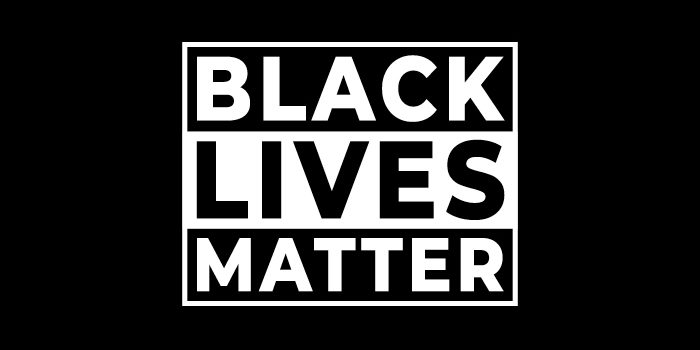 DEI
DEI
Swedish’s commitment to Black Lives Matter
As the late Civil Rights leader John Lewis said, “The scars and stains of racism are still deeply embedded in the American society.”
At Swedish, we support and stand with Black caregivers, patients and communities and are doing our part to eradicate systemic racism because we know we can do better—and we will. We hear and respect the demand for equity for people of color and we unequivocally believe that Black Lives Matter.
Diversity Equity and Inclusion (DEI) in recruiting
Our mission is to improve the health and wellbeing of each person we serve and Diversity, Equity and Inclusion (DEI) is central to that mission. Swedish is committed to recruitment practices for all levels and departments that focus on recruiting, attracting and retaining diverse staff—including talented people from Black, Indigenous and People of Color (BIPoC) communities and other underrepresented groups—with the full range of competencies needed to advance our organizational mission.
Working with specialized recruitment firms and local organizations, we are creating economic opportunity for those who have faced barriers to access. We are investing more in caregiver career growth and development through our tuition reimbursement program and reviewing talent and succession planning with an intentional equity lens to ensure the growth of a diverse leadership team.
Creating a culture of diversity
- Supporting and enabling the creation of Caregiver Resource Groups.
- Expanding DEI (Diversity, Equity and Inclusion) trainings for Swedish leaders and offering trainings to all caregivers.
- Working to identify and eradicate the perpetuation of bias, stereotypes and microaggressions in the workplace and our hospitals.
- Creating opportunities for caregivers, patients and families to provide feedback and suggestions so that the work continues to evolve.
Improving health outcomes for people of color
In our mission to serve all, we know that African Americans face systemic inequalities that endanger their lives and their health. In the U.S., Black Americans are two-and-a-half times more likely than whites to be killed by police. Furthermore, we recognize that health outcomes for people of color are startlingly unequal. Decades of research and health studies confirm that people of color receive less care, and in many cases, receive inferior care compared to white Americans. Black, Indigenous and People of Color (BIPoC) communities have higher rates of maternal and infant mortality, higher mortality rates due to cancer, diabetes and heart disease, and higher incidences of stress and mental health issues.
We acknowledge the impact of health disparities on Black people in the U.S. and recognize this issue as a national public health crisis. As health and medical leaders, we are committed to devoting time, effort and resources to improving health outcomes for people of color.
Because as John Lewis also said, “We must be headlights and not taillights.”
Interested in working with us? View open positions >










